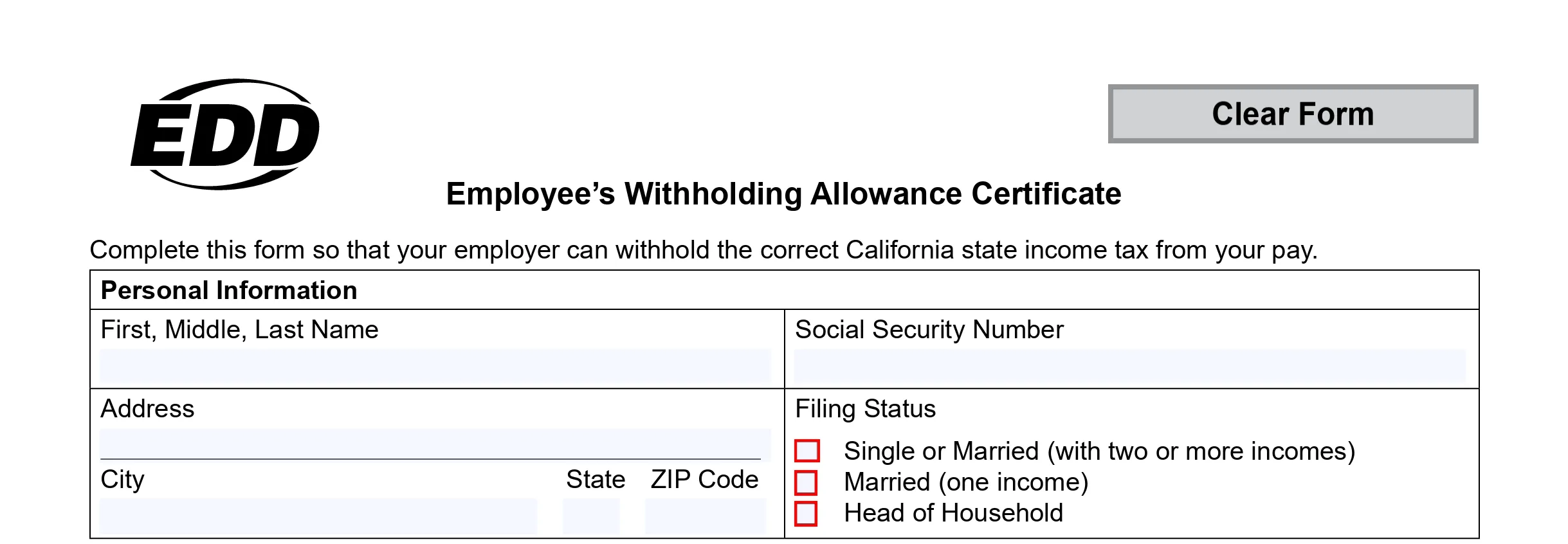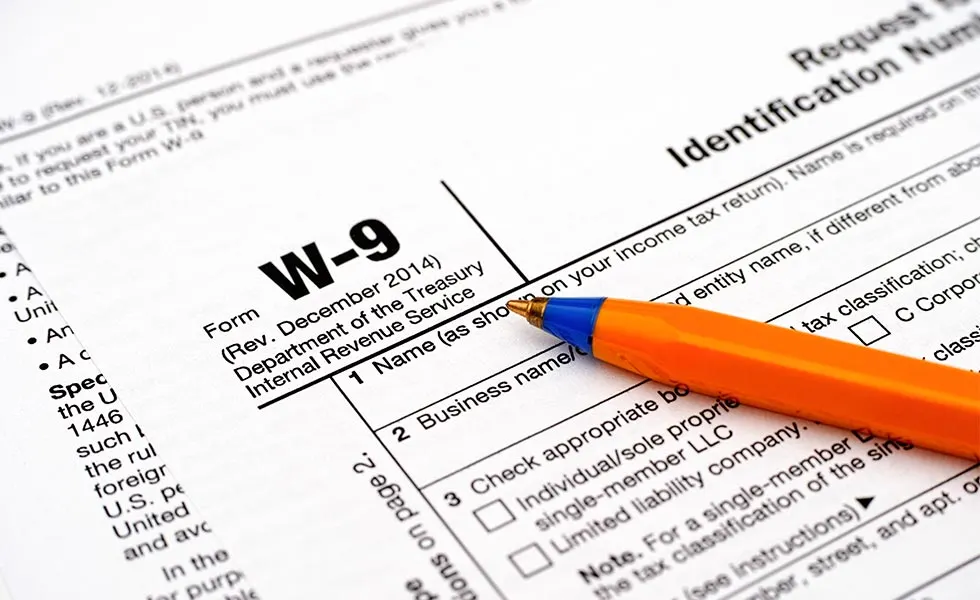Depreciation: Here’s What Every Business Needs To Know About it- Part II

The topic of Depreciation is as extensive as it is complex and as we announced in our previous post we will be sharing with you the main and most important points about it. So here we go!
What are the requirements to Depreciate Assets?
You need to know and take into account the two main requirements: the first one, you must own the asset, use it in your business for more than one year, and it should have a measurable useful life that is longer than one year. The second one, the asset also must be depreciable for either tax or book purposes.
The four requirements to depreciate assets are:
1. The Asset must be Depreciable.
There are assets that are now depreciable for book purposes according to Generally Accepted Accounting Principles (GAAP) that govern financial statements; these include vehicles, home office space, and building. There also are some assets that the IRS says you can’t depreciate, including land, inventory, and minor repairs you expense immediately.
Here is detailed list:
Assets can be DepreciatedAssets can’t be DepreciatedVehicles: cars, taxis, buses, trucksInventoryOffice equipment: computers, monitors, printers, copiersLandOffice furniture: desks, filing cabinetsLeased or rented property: office space, factory, warehouseHome office space: a room or a portion of your home that is used for businessMinor repairs to an asset: repairs made for normal wear and tear like tire replacement or oil change on a carAppliances, carpet, furniture used to furnish residential rental property
Buildings: factory or warehouse
Major repairs: any kind of improvement that restores an asset and adds value (e.g., roof replacement on a building)
Intangible assets: patents, computer software
2. You must own the Asset
It doesn't matter how you paid for a property (cash, loan, etc), you are the owner of it. If you purchased a vehicle to become an Uber driver, for example, you can still depreciate the car even if you will be making payments on it for five years. You can also depreciate leased property if it meets certain requirements IRS Publication 946 is quite specific on how to depreciate property. Check it for more details.
3. The Asset must be used in your Business
It is important that you know that you cannot depreciate property used solely for personal reasons but you can depreciate property that is used for both business and personal reasons. The deduction you’re allowed to take will be limited to the amount of time the asset is used for business purposes.
For example, when you’re not driving your Uber clients in your new car, you run errands and take your kids to school. Your depreciation deduction for the car is based on the percentage of time you use it to drive Uber clients (business), not the time you spend running personal errands. A mileage tracker can help you keep business and personal trips separate.
4. The Asset must have a determinable useful life and must be greater than one year.
This means that the property must wear out, become obsolete, or lose its value in order to be depreciated. Certain types of property, like land, don’t wear out and are therefore not eligible for depreciation. If the asset will not last for more than one year, you can generally expense it at one time and you do not have to depreciate it.
How to Depreciate Repairs & Improvements
According to IRS Publication 527: “Generally, an expense for repairing or maintaining your rental property may be deducted if you aren’t required to capitalize the expense.”
An improvement to a fixed asset can be depreciated, while a repair must be expensed in total. So it’s important to distinguish between the two. To depreciate an improvement, you would set it up as a fixed asset and then depreciate it over its useful life.
Examples of Improvements:

In our next post related to depreciation we will show you how to use depreciation for tax purposes and other interesting tips. Stay tuned!



